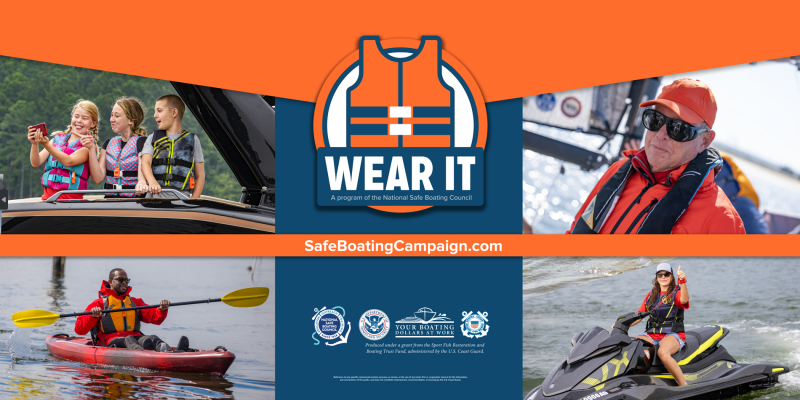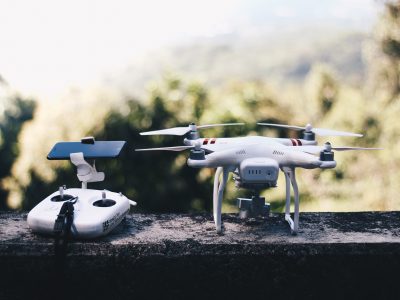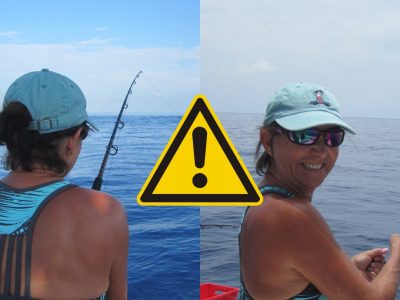National Safe Boating Week is on the horizon, stretching from May 18-24 this year. Marking the commencement of the summer boating season, this week is pivotal in reminding us of the importance of boating safety.
In partnership with the National Weather Service, the National Safe Boating Council—a NOAA Weather-Ready Nation Ambassador—shines a light on essential boating safety practices through the distribution of invaluable resources such as infographics, videos, audio clips, fact sheets, and social media content.
In addition, here are 13 critical ways that can help safeguard lives:
1. Always Wear a Life Jacket

Donning a life jacket is a simple yet profoundly effective way to enhance your safety on the water. Wearing a properly fitting life jacket is essential for everyone on board, no matter their swimming ability or age. Recent innovations have made life jackets more comfortable and less bulky, ensuring that safety doesn’t come at the expense of comfort.
2. An ECOS Matters – Use It

An Engine Cut-Off Switch (ECOS) is a device that can save lives by stopping the boat’s engine should the driver fall overboard. Ensuring your boat is equipped with an ECOS and using it every time you venture out is a smart safety practice.
3. File a Float Plan

Before heading out, make it a point to inform someone trustworthy about your boating plans. Let someone know where you are going, your intended route, and when you expect to return.
Filing a float plan with a responsible person is crucial for boating safety because it ensures that someone knows your itinerary and can alert authorities if you don’t return as expected, helping to facilitate a timely rescue in case of an emergency.
4. Never Boat Under the Influence

Always ensure the skipper is sober and capable of navigating safely. Remember: alcohol and boating don’t mix! And in most states, it is against the law to operate a vessel when drinking. Even small amounts of alcohol can impair judgment, balance, and coordination on the water.
-
Check the Weather
Always check the weather forecast before heading out on the water and stay alert to changing conditions while boating.
-
Taking a Boating Safety Courses
In some states, it is required that boat operators have proof they have taken a Boating Safety Course. Learning essential skills like navigation rules and emergency handling can significantly enhance safety and enjoyment on the water.
You can find boating safety courses online through organizations like US Coast Guard and BoatUS Organization.
-
Navigation Lights
Check to make sure they work and be ready to use. These lights help other boaters determine your position, direction, and type of vessel, ensuring safe navigation and avoiding accidents on the water.
-
Have Proper Coast Guard-required Safety Equipment
Every boat should have essential safety equipment onboard, including fire extinguishers to handle potential fires, signaling devices like flares or distress flags to call for help, first aid kits for medical emergencies, and tools for basic repairs to address mechanical issues while on the water.
-
Know the Rules of the Waterway

Boaters need to know what the signs mean regarding navigation rules, including right-of-way, signaling, and overtaking procedures, to prevent accidents and conflicts on the water.
This includes practicing safe boating techniques. Safe boating practices include maintaining a safe speed to react to unexpected obstacles, avoiding reckless behavior like excessive speeding or erratic maneuvers, and staying alert for hazards such as submerged objects or changing weather conditions.
-
Be Prepared for Emergencies
This plan should include knowing how to use safety equipment such as life jackets, fire extinguishers, and signaling devices, as well as having a means to contact emergency services, such as a marine radio or mobile phone with signal coverage.
Additionally, being trained in administering first aid and having an up-to-date first aid kit onboard can be life-saving in case of injuries or medical emergencies while on the water. By preparing for emergencies in advance and knowing how to respond promptly and effectively, boaters can mitigate risks and ensure the safety of everyone onboard.
-
Check Your Boat
Boaters should inspect key components such as the engine, hull for any signs of damage, electrical systems, and safety equipment to ensure they are in good working order. Performing these checks regularly helps prevent potential breakdowns or safety hazards while enhancing overall boating safety and enjoyment.
-
Respect the Environment

This includes properly disposing of trash by using designated receptacles or taking it back to shore, avoiding spills and leaks by properly maintaining fuel and oil systems and respecting wildlife habitats by keeping a safe distance and avoiding disturbing nesting areas.
By taking these simple yet impactful actions, boaters can help protect marine ecosystems, ensure clean and safe waters for future generations, and enjoy a more sustainable boating experience.
-
Stay Informed
To stay informed about boating regulations, safety updates, and local conditions, boaters can utilize resources like marine radio channels for live updates and emergency communications. Additionally, websites such as those provided by the U.S. Coast Guard and local boating authorities offer valuable information on regulations, safety tips, and weather forecasts.
Smartphone apps like “Navionics” or “BoatUS” provide real-time updates on marine conditions, navigation aids, and safety alerts, making them essential tools for boaters to have onboard.
Through these guidelines and the concerted efforts of the boating community, National Safe Boating Week aims to reduce accidents and save lives on the water.

As the week kicks off on the third Saturday of May each year, leading up to the Memorial Day weekend, it’s a timely reminder to brush up on safety tips and ensure a fun, secure start to the boating season.
To further enhance your boating safety and marine conservation efforts, consider downloading the FishVerify app. This innovative tool not only helps identify fish species instantly but also provides local fishing regulations, including sizes and bag limits, to ensure compliance with conservation measures.

You can make every boating adventure both enjoyable and environmentally responsible. Download FishVerify today, and join us in promoting safety and conservation on the water!


